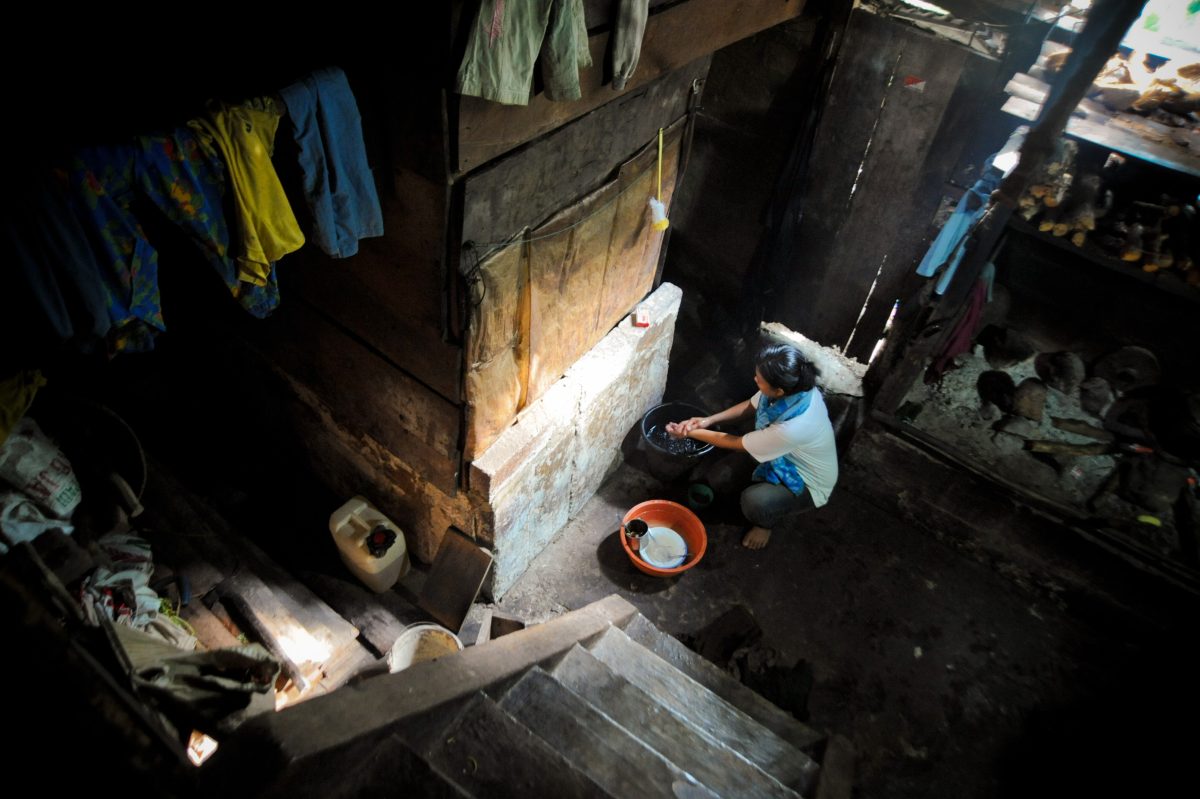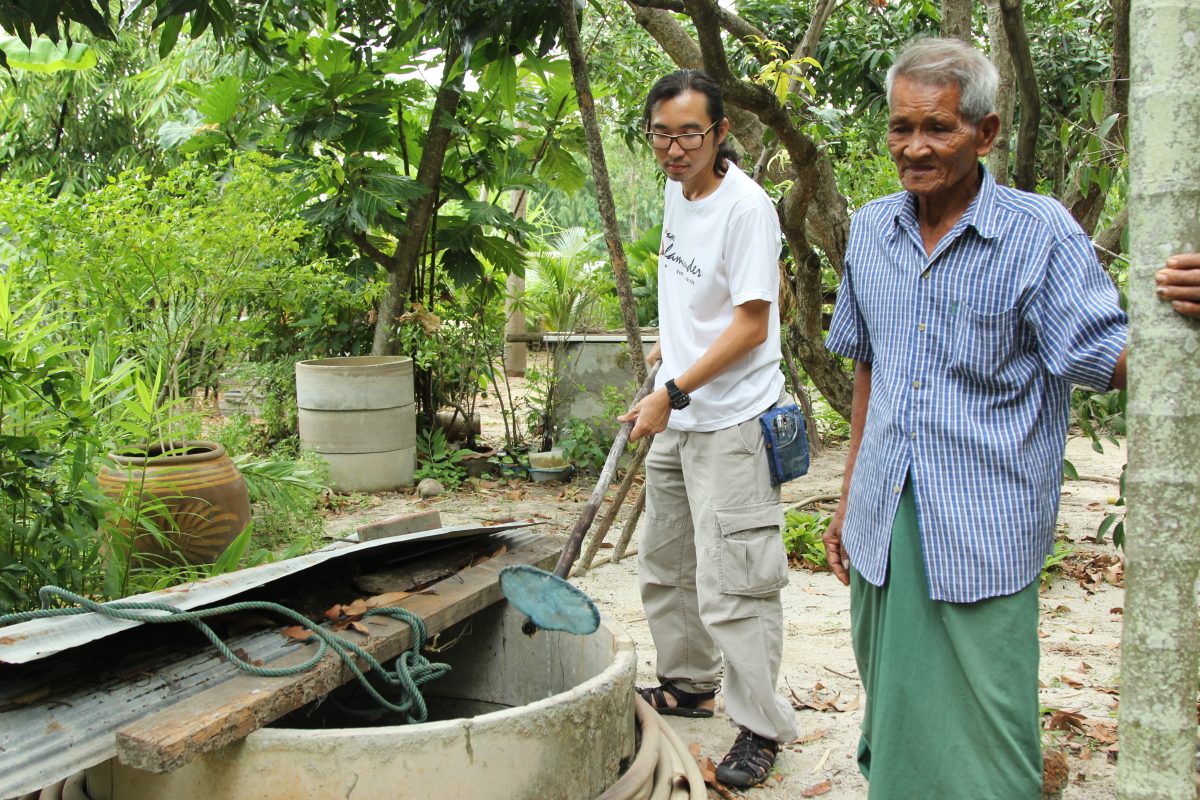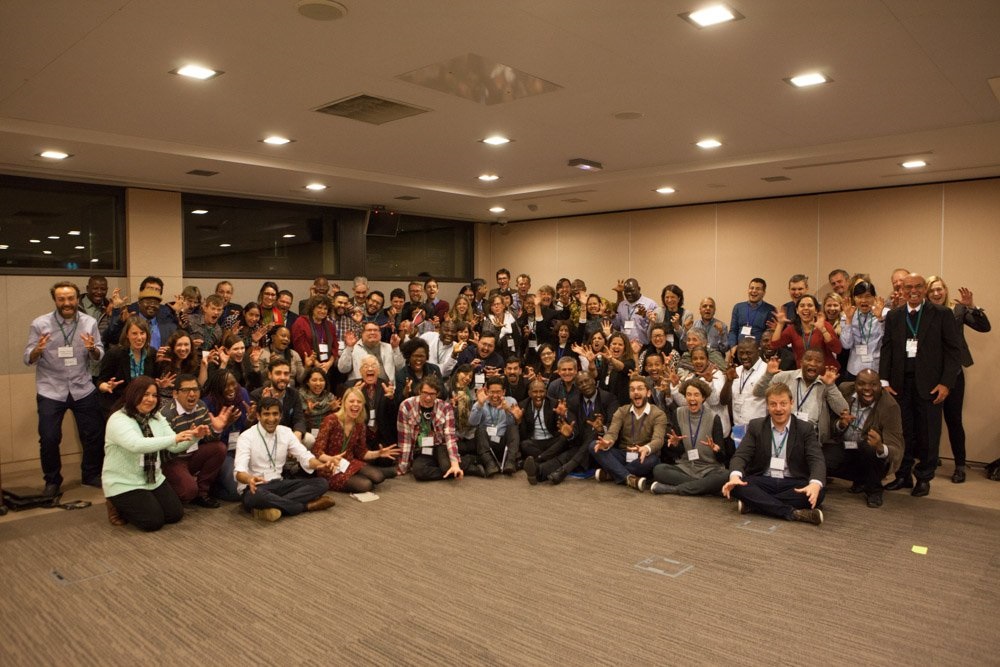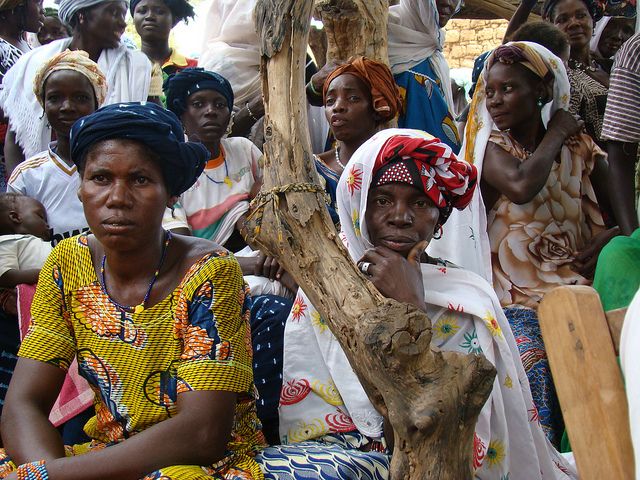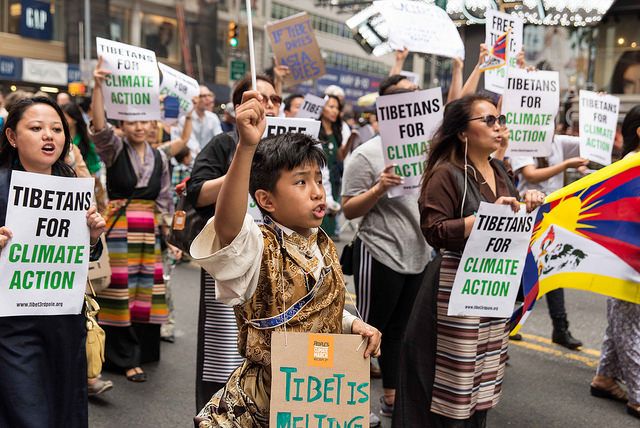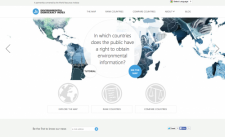STOCKHOLM (August 30, 2017) — A new report from World Resources Institute’s (WRI) The Access Initiativereveals that Asian countries are not effectively telling people if the water they use for drinking, farming and fishing is polluted or dangerously toxic. Despite passing strong “right to know” laws, governments are still putting their poorest communities at risk by failing to release pollution information that they are legally required to disclose.
Launching at this year’s World Water Week that focuses on water and waste, the report Thirsting for Justice: Transparency and Poor People’s Struggle for Clean Water in Indonesia, Mongolia, and Thailand examines vulnerable communities’ access to water pollution information. WRI analysis shows that, although governments have passed laws that protect citizens’ right to environmental information and mandate public disclosure of this data, officials are failing to live up to their legal obligation—either proactively or upon request. For example, government agencies in Indonesia and Mongolia ignored 58% and 59% of information requests, respectively.
“The right to information about environmental threats is a human right in itself, and it is also critical to the protection of other human rights,” said John Knox, the United Nations Special Rapporteur on Human Rights and the Environment. “People have the right to know about hazardous pollution in the waterways on which they rely. Governments that fail to provide that information are violating their citizens’ human rights.”
Each year, industrial facilities release upwards of 400 million tons of hazardous pollutants into the worlds’ waters. Yet secrecy around the amount and type of chemicals that companies discharge is still the norm, especially in Asia. Worldwide, 80% of countries do not provide information on the amount of pollution that companies dump into the environment.
Thirsting for Justice analyzes data from state of the environment reports, water quality monitoring portals and other public databases to assess the availability of pollution information that governments are legally obligated to disclose. The report authors also tracked 174 information requests that local community members submitted and spoke with nearly 150 affected people about barriers they faced accessing pollution data.
“Governments’ failure to provide water pollution information is an environmental injustice,” said Elizabeth Moses, report author and environmental democracy specialist at WRI. “Without it, poor, marginalized communities cannot participate in decision-making, let alone hold governments and more powerful corporations accountable for contaminating their local water sources.”
In Thailand, a country with one of the most advanced environmental disclosure regimes in the world, residents of Map Ta Phut, a sprawling industrial estate that hosts more than 140 petrochemical facilities, still don’t know if their water is safe to use. Researchers from nearby organizations and international universities have discovered dangerously high levels of mercury and arsenic in the water, but as the report finds, public access to government pollution data is extremely limited in practice.
“All the government services — municipalities, public health, the Office of the Natural Resources and Environmental Policy and Planning, and the Industrial Estate Authority of Thailand — realize what has been happening with pollution in our community, but they don’t tell or give us the true information … I’ve never received correct and clear information about the water,” said Nangsao Witlawan, former oil refinery worker and Map Ta Phut resident.
When governments do release environmental data, officials often provide limited information that community members can neither access nor understand. For instance, Thai government officials frequently respond to information requests in English, which most Map Ta Phut residents do not speak. In Indonesia, many local fisherman cannot understand the highly technical wastewater information they receive from the government and need it translated into more straightforward formats like pictures or graphics.
“Villagers who fish Indonesia’s Ciujung River need to know what pollutants companies are releasing into their water sources, how these chemicals will impact their health, which companies are responsible and what steps their government has taken to prevent further contamination,” said Henri Subagiyo, Executive Director at the Indonesian Center for Environmental Law. “Yet our government rarely provides such local, facility-specific information, and even when officials do, it’s often so technical that we have to translate it into pictures that the fishermen can understand.”
WRI’s report calls for a radical shift in information sharing to protect people from using contaminated water that could harm their health and economic livelihoods. It recommends that governments release information in non-technical formats, create centralized systems for responding to communities’ information requests and encourage companies to disclose pollution information.
Civil society organizations and international donors also have a role to play. They should invest in building local communities’ capacity to understand water pollution information, advocate for greater government transparency and participate in decision-making.
The full report is available at http://www.wri.org/thirsting-for-justice.
